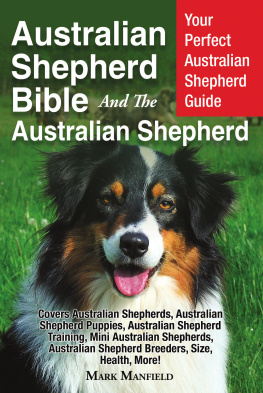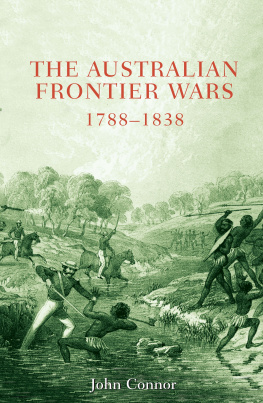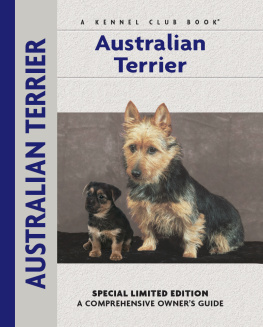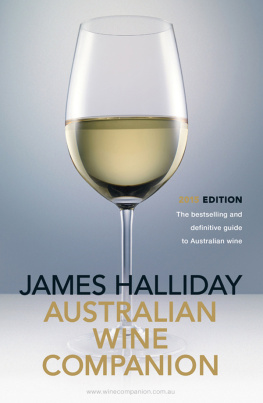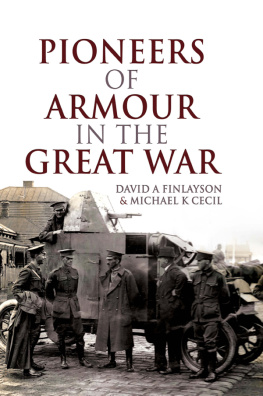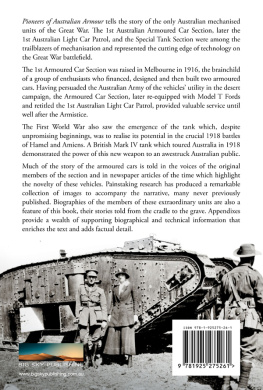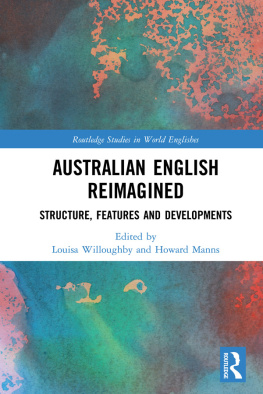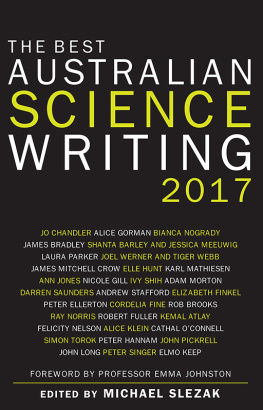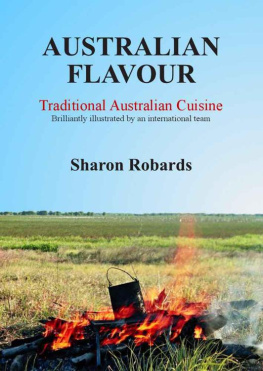Jean-François Vernay - A Brief Take on the Australian Novel
Here you can read online Jean-François Vernay - A Brief Take on the Australian Novel full text of the book (entire story) in english for free. Download pdf and epub, get meaning, cover and reviews about this ebook. genre: Art. Description of the work, (preface) as well as reviews are available. Best literature library LitArk.com created for fans of good reading and offers a wide selection of genres:
Romance novel
Science fiction
Adventure
Detective
Science
History
Home and family
Prose
Art
Politics
Computer
Non-fiction
Religion
Business
Children
Humor
Choose a favorite category and find really read worthwhile books. Enjoy immersion in the world of imagination, feel the emotions of the characters or learn something new for yourself, make an fascinating discovery.

- Book:A Brief Take on the Australian Novel
- Author:
- Genre:
- Rating:3 / 5
- Favourites:Add to favourites
- Your mark:
- 60
- 1
- 2
- 3
- 4
- 5
A Brief Take on the Australian Novel: summary, description and annotation
We offer to read an annotation, description, summary or preface (depends on what the author of the book "A Brief Take on the Australian Novel" wrote himself). If you haven't found the necessary information about the book — write in the comments, we will try to find it.
A Brief Take on the Australian Novel — read online for free the complete book (whole text) full work
Below is the text of the book, divided by pages. System saving the place of the last page read, allows you to conveniently read the book "A Brief Take on the Australian Novel" online for free, without having to search again every time where you left off. Put a bookmark, and you can go to the page where you finished reading at any time.
Font size:
Interval:
Bookmark:
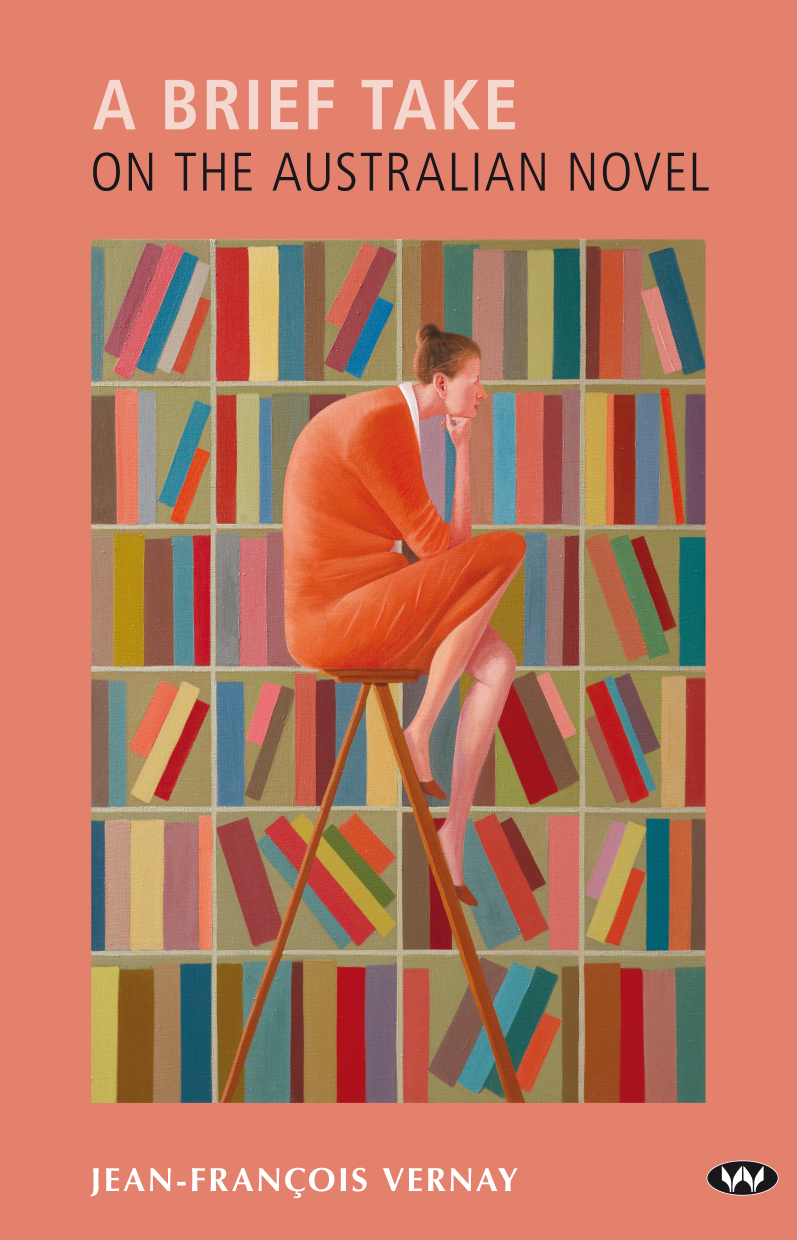
Wakefield Press

Born of an Australian mother and a French father, Jean-Franois Vernay grew up in New Caledonias multicultural community which shares some of Australias characteristics, including a convict heritage and a complex history of settlement. Using Peter Carey and Christopher Koch as a starting point, he has been researching Australian fiction for 20 years and has published widely in the field, both in French and in English. Dr Vernay is an energetic critic, editor, creative writer and cultural commentator. His fiction and nonfiction books have appeared in France, Australia and in the United States.
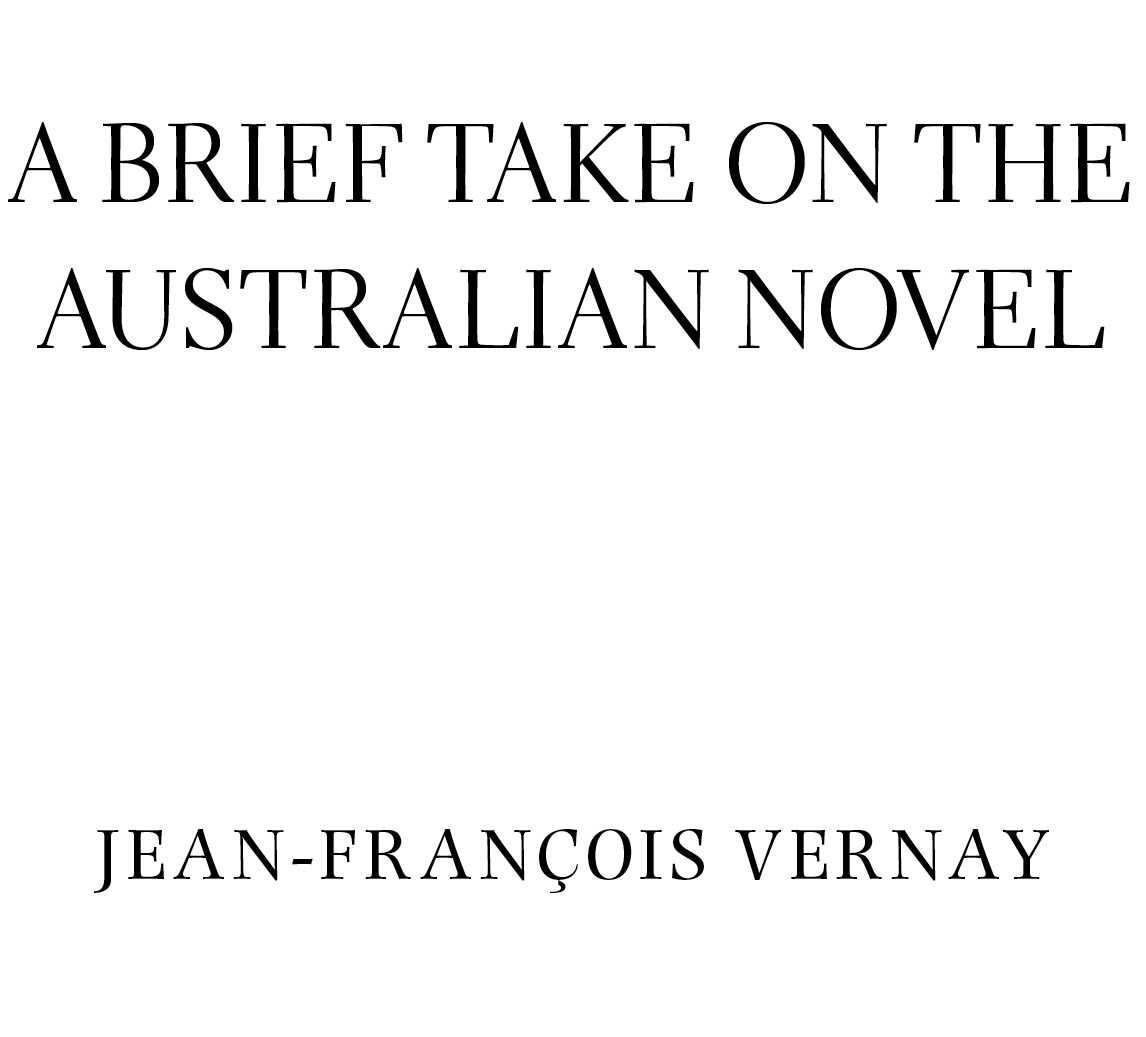
Originally translated by
Marie Ramsland
and revised by Jean-Franois Vernay
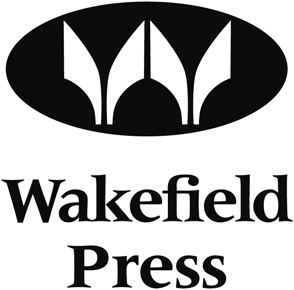
Wakefield Press
16 Rose Street
Mile End
South Australia 5031
www.wakefieldpress.com.au
First published 2016
This edition published 2016
Expanded and revised English text Jean-Franois Vernay 2016
Original text Jean-Franois Vernay 2009
English translation Marie Ramsland 2010
All rights reserved. This book is copyright. Apart from any fair dealing for the purposes of private study, research, criticism or review, as permitted under the Copyright Act, no part may be reproduced without written permission. Enquiries should be addressed to the publisher.
Cover designed by Michael Deves
Cover art Prudence Flint, A Fine Romance #21 , 2005, oil on linen (135 x 97 cm)
Edited by Margot Lloyd, Wakefield Press
Ebook conversion by Clinton Ellicott, Wakefield Press
National Library of Australia Cataloguing-in-Publication entry
Creator: Vernay, Jean-Franois, author.
Title: A brief take on the Australian novel / Jean-Franois Vernay.
ISBN: 978 1 74305 444 4 (ebook: epub).
Notes: Includes index.
Subjects:
Australian literatureHistory and criticism.
Novelists, Australian.
Dewey Number: A820.9
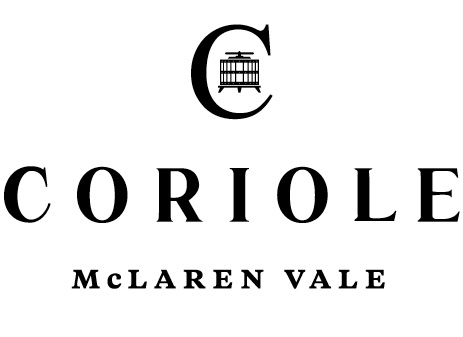
Wakefield Press thanks Coriole Vineyards for their continued support.
Contents
SPECIAL FEATURES
Inserts
Teaser
According to cognitive scientists, emotions and intelligence are interrelated and equally important in many situations, especially in decision-making processes such as choosing a good read. And yet marketing strategies want consumers to believe that books, very much like happiness pills, are made available only on prescription: critics are there to tell you which book to buy or not; TV and radio book shows guarantee a quick, though sometimes efficient, airing for selected latest releases; literary festivals tend to feature writers with the highest profiles who, perhaps, do not need to generate further publicity; while literary prizes like the Miles Franklin Award also contribute to this winner-takes-all logic, and the dutiful consumers, spoilt for choice, are meant to take their pickbut chance and personal taste no longer have anything to do with it. The prescriptive trend is so common a practice that, as part of the National Year of Reading, a 2011 campaign was devised to compile a list of books that would aptly encapsulate the Australian experience. Once again the winners are anyone but the readers.
While I was researching Australian fiction, people started asking me what they should read. This is a tricky question because you need to provide an answer while carefully avoiding establishing a canon. Bearing in mind that any recommendation would reflect my own tastes, I tried to conceive a neutral space like a virtual giant table on which would lie any appealing Australiana-packed novel, for avid readers to make their own choices. This project presented itself as the horizontal counterpart of the vertical library bookshelf, in which pre-selection, classification and exposure were of the essence.
In writing this book, I also wanted to convey the oft-neglected pleasure of the text: the kind of cultural enjoyment one may not derive from science books. For it is the privilege of the literary text to enable readers to experience its jouissance a French word which carries a primary meaning of orgasm, but which Roland Barthes uses to encapsulate the highest form of enjoyment and sensual pleasure. I am grateful to my publisher for allowing me to share my emotions with other readers, as I feel there is no better way to enhance the pleasure of the text.
Melbourne, 23 December 2015
Sneak Preview
Jean-Franois Vernays brief take on the Australian novel begins one step back, with a draft definition of Australian literature. This is quite proper, not because the authors definition is provisional, but because Australian literature itself continues to be subject to redefinition, and Australias fictions too. The shape is not settledand I do not mean to say yet, as if one day in the future it will have found itself. It is not a question of adolescence, but rather something inherent in the appeal and interest of Australian writing that it continually breaks away from definitional grabs. To adapt Ranajit Guhas title, History at the Limit of World-History , Australian literature can be considered to be at a double limit of world and literature. The World Republic of Letters , for example, Pascale Casanovas lofty survey, mentions Australia only in passing, as an item in Commonwealth lists. And before the European idea of Australia came into being, the literature of the country was oral, visual, performativeAboriginalor else a matter of speculation. Even if we restrict literature to what is written in a conventional sense, and agree on a notion of Australia as the largely English-speaking society inaugurated with the British invasion of 1788, it is still the case that Australian literature exists at the limit of world literature. While many works can be identified as tied in some way to things Australian (the flexible definition Vernay borrows from D.R. Burns), no single characterisation is generally accepted as adequately or permanently descriptive of Australian literature as a whole or as an entity. Indeed, the label Australian is commonly resisted by Australian authors themselves. Robert Dessaix, for example, is quoted as saying at the Adelaide Writers Week in 2010, Do any of us write as Australian writers? I know I dont. I write as moi . Sydney-born Australian novelist Steve Toltz commented recently that he was more comfortable writing in the northern hemisphere.
This is paradoxical, since Australian literature as a category would seem to be readily delimited, not only by its island-continent geography of place, but also by its marked temporality (in English, at any rate), from colonial commencement in 1788 to the present shifting, always advancing moment. Yet within those apparently clear outlines, there are many different versions of how texts and their authors and readers relate, adding to or departing from the larger field. In essaying his spirited, wide-ranging, highly informed and suitably opinionated survey of Australian fiction, Vernay acknowledges that he must face the reaction of interlocutors who seem unaware of [ the ] existence of Australian literature. It appears that those writers, editors and critics who have been part of the internal dynamics of Australian literature over many years have failed to construe their production for external perception. The situation arises despite the international success of many individual authors from Australia. Its as a contribution to changing things that this new book is so fresh and valuable.
Next pageFont size:
Interval:
Bookmark:
Similar books «A Brief Take on the Australian Novel»
Look at similar books to A Brief Take on the Australian Novel. We have selected literature similar in name and meaning in the hope of providing readers with more options to find new, interesting, not yet read works.
Discussion, reviews of the book A Brief Take on the Australian Novel and just readers' own opinions. Leave your comments, write what you think about the work, its meaning or the main characters. Specify what exactly you liked and what you didn't like, and why you think so.

